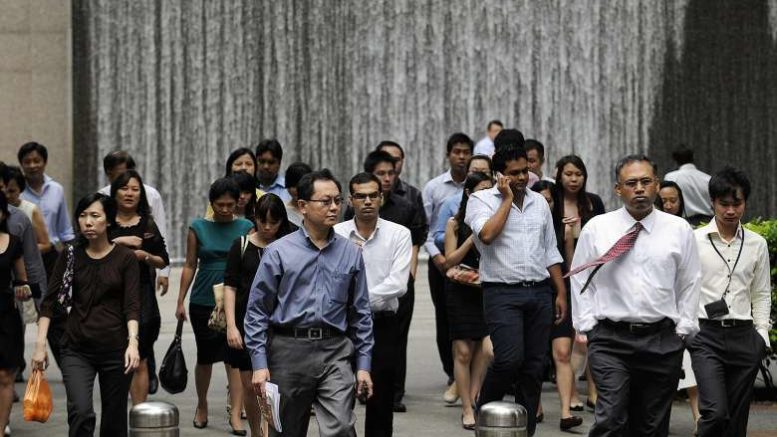Our poicies are fueling greater inequality, not reducing it!
I refer to the article “Nigeria, Singapore and India fuel wealth gap – Oxfam” (Reuters, Oct 9).
It states that “Nigeria, Singapore and India are among countries fuelling the gap between the super-rich and poor, aid agency Oxfam said today as it launched an index spotlighting those nations doing least to bridge the divide.
It said tackling inequality did not depend on a country’s wealth, but on political will.
Singapore, one of the world’s richest countries, came in the bottom 10, partly because of practices which facilitate tax dodging, Oxfam said. The city state, which has no universal minimum wage, also did poorly on labour rights.”
To what extent does the unlevel playing field between foreign workers and Singaporean workers contribute towards inequality in Singapore?
I refer to the article “Bridging inequality is no easy task” (Straits Times, Jun 29).
It states that “There continues to be concern especially about tackling inequality and ensuring that the gap between those at the lower percentiles and the rest of society does not widen”.
A key contributory factor to why so many families may be struggling to make ends meet, may be the low income of the household.
And correspondingly, a key contributory factor to the “low income” may be the uneven playing field and ‘inequality’ between Singaporean and foreign workers.
No employer CPF?
For example, employers save up to 17 per cent on the employer’s CPF contribution, for foreign workers. If we count the annual bonus, the cost savings may be even higher.
No maternity leave?
Singaporean women may also be at a disadvantage because foreign work permit holders effectively cannot get pregnant and need the Ministry’s permission to get married. So, employers may not have to contend with the four months’ maternity leave.
Also, most female S-pass and employment pass holders may be single and alone when they come to work in Singapore. So, it may be less likely for them to get maternity leave. Also, those who do get pregnant may not get their typical two-year contract renewed by their employers when it expires.
No NS?
Male foreign workers do not have reservist National Service. So, employers may not have to contend with NS men employees’ leave of absence.
No turnover problems?
What is perhaps arguably, the most disadvantageous aspect for Singaporeans, may be that foreign workers effectively cannot resign during their typical 2-year contract. So, employers may not have to contend with turnover problems.
Unless, the above policies are reviewed, how can “we ensure that there is a level playing field?”
Finally, can you understand or agree with – why Singaporeans cannot do the jobs done by the 402,800 foreigners in 2017 on employment passes, S-passes and Other Work Passes (Letter of Consent (LOC) and Training Work Permit (TWP). Training Employment Pass (TEP))?
Leong Sze Hian
